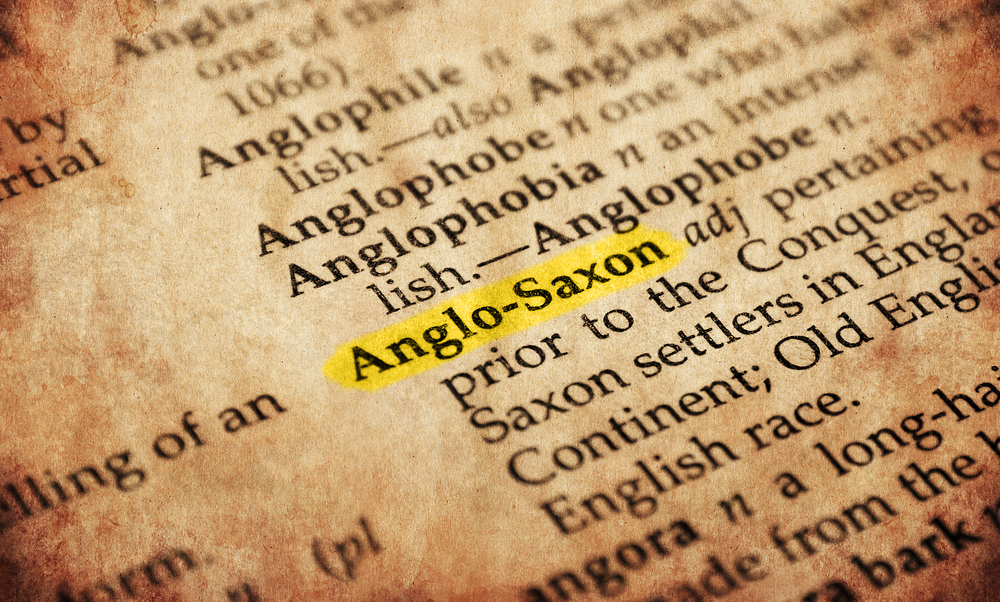The Anglo Saxon law originated from the ancient
Germanic written rules and legal thoughts, it’s a body of legal documentation
and customs that was available during the Anglo-Saxon era in England prior to
the Norman conquest. It is quite different and distinct from the earlier
Germanic legal rules and customs, that’s the ‘leges barbarorums'. It was the
second after the Irish law to be written in Latin. This law existed in England
from the 6th century to the 10th century during the Norman conquest, it was written
in vernacular and was only relatively influenced by the Romans via the
Church, unlike the continental laws, the Anglo- Saxon laws had three components;
dictations according to the customs, the king's law and the private
documentation of legal rules and enactment. By the wake of the 10th century the
Anglo-saxon law had a new penal system unlike the former that was just made of compositions,
it developed a New penal system which has a New penal system based on
confiscation, outlawry, corporal and capital punishment. The ANGLO-SAXON law
was mostly dependent on the opposition that exists between the ' folk right and
the privilege'. The folks right is a legal system that is flexible and based on
the rules and customs of communities like the folk right of East and West
Saxons. A notable feature of the Anglo-saxon laws was the preservation of peace,
the king rules predominantly Herald the existence and continuance of peace in
the country.
The Legal CPD courses geared toward achieving enough
counts in the legal field is an aspect one can achieve under the Anglo-Saxon
laws. The first of the Anglo-Saxon laws were;
·
The anatomy act 1832
·
‘Lunatics' and the poor act 1834
·
Married women property's act 1870
·
Birth marriage death registration
act 1836
·
Repeal of calico act 1774
·
Gilbert act 1782
·
Factory act 1850
·
Metropolitan police act 1839
These are some of part 1 of the 9 series of
the statute law. England is divided into units of land called ' shires' these
shires have a democratic government and a judicial system which allows one's peer
to determine what happens to outlawry.
The Anglo-Saxon law was one of the foundations
of modern English legal history, king Aethelbert was the one who converted the
customary Anglo-Saxon law to its written format, as a kind of Kent, a dominant one,
he once forbade a Roman missionary from preaching Christianity to his people
but later rescinded his decree after listening to some of the preachings of the
missionary. The Anglo-Saxon law has been a major Source of modern law. Some
of the major Anglo-Saxon laws on different offences committed and the penalty thereof
include;
v The law of Etherbhet on stealing- if anyone steals from the king he has
to pay nine times what he stole, if a Freeman steals from another freeman he
has to pay three times what he stole
v The law of Edmund l- if one doesn’t tithe he has to be excommunicated,
one who shed innocent blood cannot see the king again, one who commits
fornication with a nun will not be buried in a worthy place
v Law of Alfred, Edward the elder, Guthrum-if one violates Christianity he
has to pay accordingly, if a priest misdirect anyone he has to pay 30 shillings
v Minor crimes- like the breaking of one’s tooth will be compensated by 1
shillings, lost a foot to be compensated by 50 shillings, lost thumb to be
compensated by 20 shillings, Violation of oaths to be compensated by punishment
of one's personal kin
v Major crimes -murder was to be
compensated by blood, the crime of treason was taken seriously in the
law of the Anglo-Saxon and was to be compensated by forfeiting of one’s
property to the king and by death, execution/ public punishment was done by
hanging during trial or ordeal ( judgement). These trials were often more
brutal and strange when compared with the modern laws on trials and verdicts.
The Anglo-Saxon legal system ( laws) included courts orders which were at different
levels serving different purposes. It had two levels of courts serving
different purposes.









